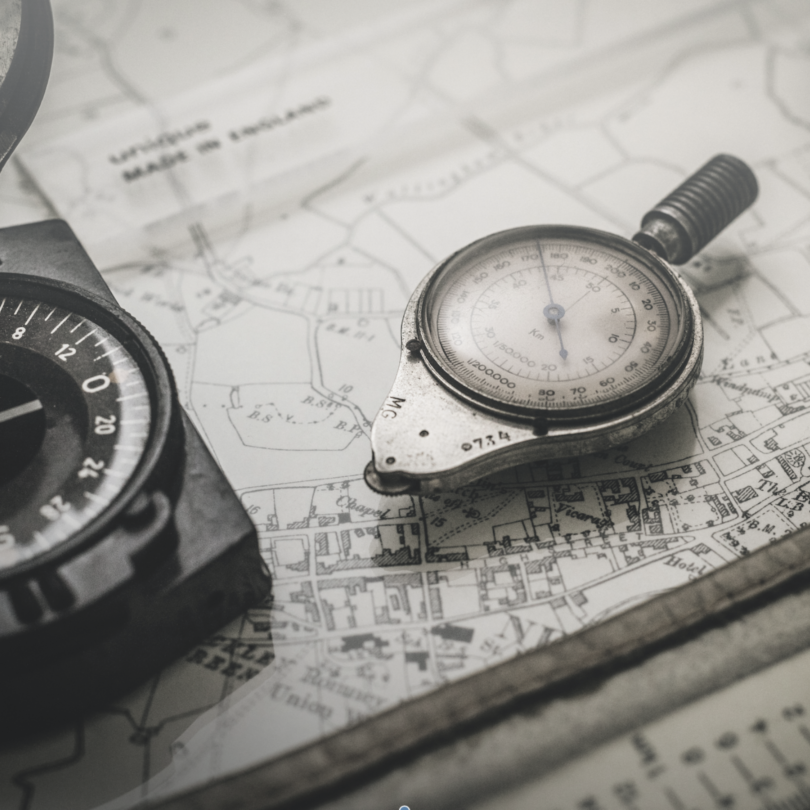Roughly 25% of the population relates with an avoidant attachment style. According to attachment theory, people can cope in insecure relationships by being anxious, avoidant, or fearful-avoidant. Everybody needs to feel accepted and cared for, just as much as they need food and water. When these emotional needs are not consistently met, avoiding emotional intimacy is the most common way to cope.
Western families often pride themselves on their rugged independence. Children may learn that to be strong, you must be independent. They may learn to be emotional is to be weak, especially for boys. People learn to relate this way, also called avoidant attachment, in overwhelmingly challenging situations.
Avoidantly attached people minimize the importance of emotions in relationships. Naturally, many people in survival conditions don’t have the luxury—the time, drive, or resources—to attend to people’s feelings. Unfortunately, this is often true even when it was the grandparents, or even great-grandparents, who survived very difficult life situations.
With avoidant attachment, people typically withdraw or become defensive in response to signs of sadness, hurt, or emotional pain. Similarly, they often ignore or move on from their own emotional needs to avoid feeling weak or a burden to others. Instead, avoidantly attached people work very hard to do things right for people they care about to avoid hurt and disappointment. To remain valued and connected, they focus on meeting other’s expectations rather than sharing emotions.
If you are avoidantly attached you likely relate to these statements:
- No matter how hard I work, I can’t get it right for my partner.
- When I’m seen as uncaring and insensitive, the opposite is true and I feel misunderstood.
- I often feel not good enough in my intimate relationship.
- Others demand I meet their expectations, even when I don’t expect them to care for me.
- Yes, I’m frustrated at times because no matter how hard I try, I’m not appreciated.
- I may appear cold and uncaring when I am feeling alone and helpless.
Unfortunately, parents in good families are often overwhelmed with their own personal, social, or financial threats. As a result, they are often unable to attend to their child’s emotional needs. In this event, children naturally learn to avoid leaning on parents for emotional support. Instead, children measure themselves for their ability to meet parent’s expectations.
In these families, it’s often best for children to ignore their own emotions, and focus on pleasing parents instead. Realistically, it is better not to feel sad or scared when parents are not able or likely to provide comfort.
Looking calm and cool under stress is a hallmark of avoidant attachment. Under the surface however, pushing down or moving away from personal emotional reactions is tiring and stressful. As a result, people with avoidant attachment are at higher risk for health, substance abuse, and mental health problems.
If you are avoidantly attached, you relate this way to protect yourself in challenging situations. Fortunately, you can learn to relate securely. You may naturally evolve if you are lucky enough to be in a relationship with a securely attached partner. If you are in an insecure partnership the two of you can work together toward security. Often one partner relates with avoidant attachment and the other with anxious attachment,
To begin the journey to secure attachment, become aware of the ways you avoid emotional intimacy. Note the good reasons you have now and in the past to use these strategies. Start by owning and naming the ways you try to keep your relationship safe. For example, “I withdraw because I’m afraid I’ll make things worse between us by showing my frustration,” or “I withdraw when I feel helpless to make things right for you.”
To grow faster toward relationship security, sign you and your partner up for a Hold Me Tight workshop. These workshops provide education about attachment strategies. They provide the structure and safety to be successful in intimate conversations. Alternatively, if you or your partner is struggling with mental health issues or substance abuse, prioritize couple therapy rather than individual therapy to build your relationship security and resolve the problem together.
Avoidant attachment is natural and widespread, but it is not ideal. If you are avoidantly attached, you can open up to new, healthier ways of relating. Alone or with a partner, you can pursue a path to relationship security.



